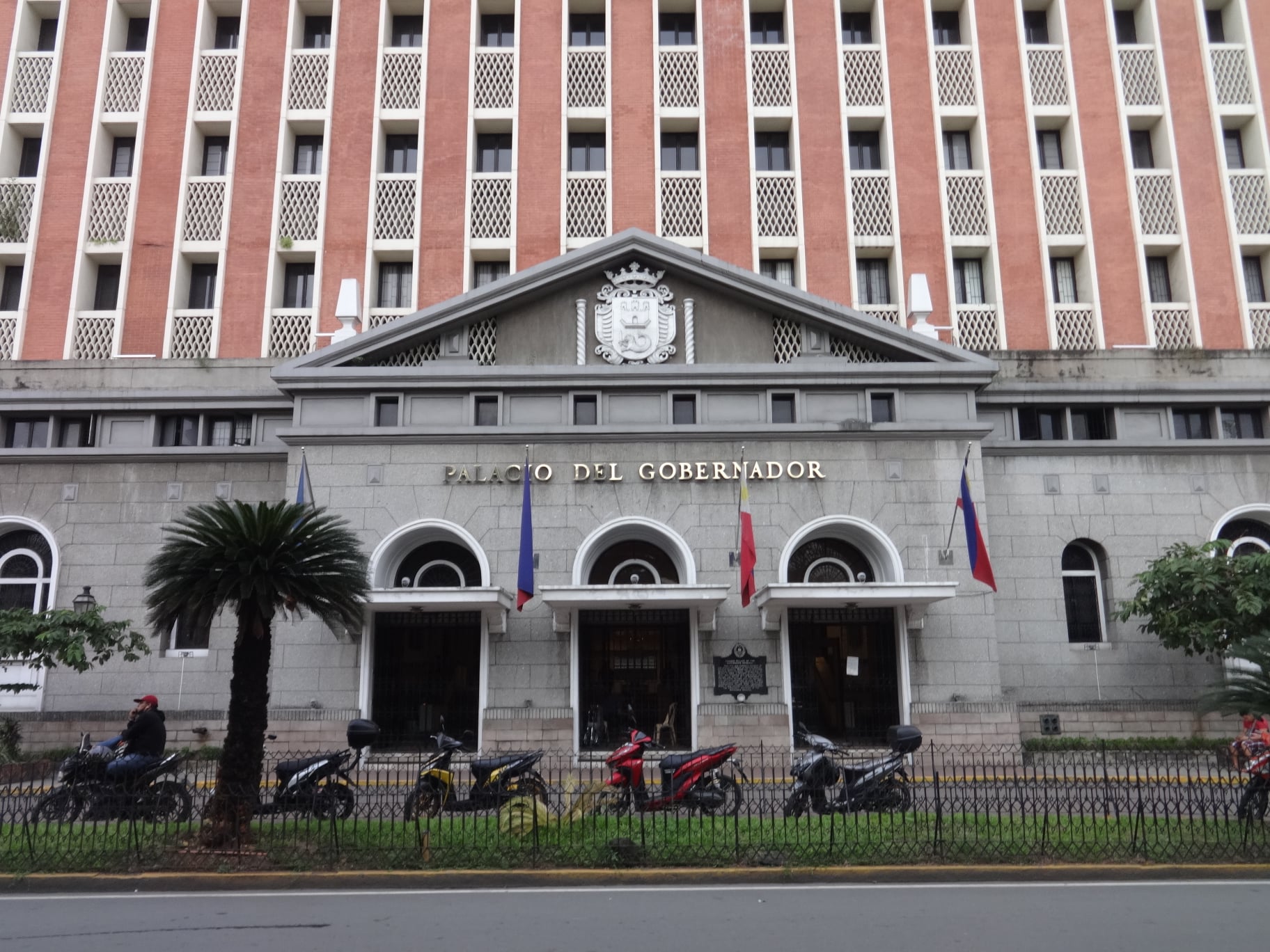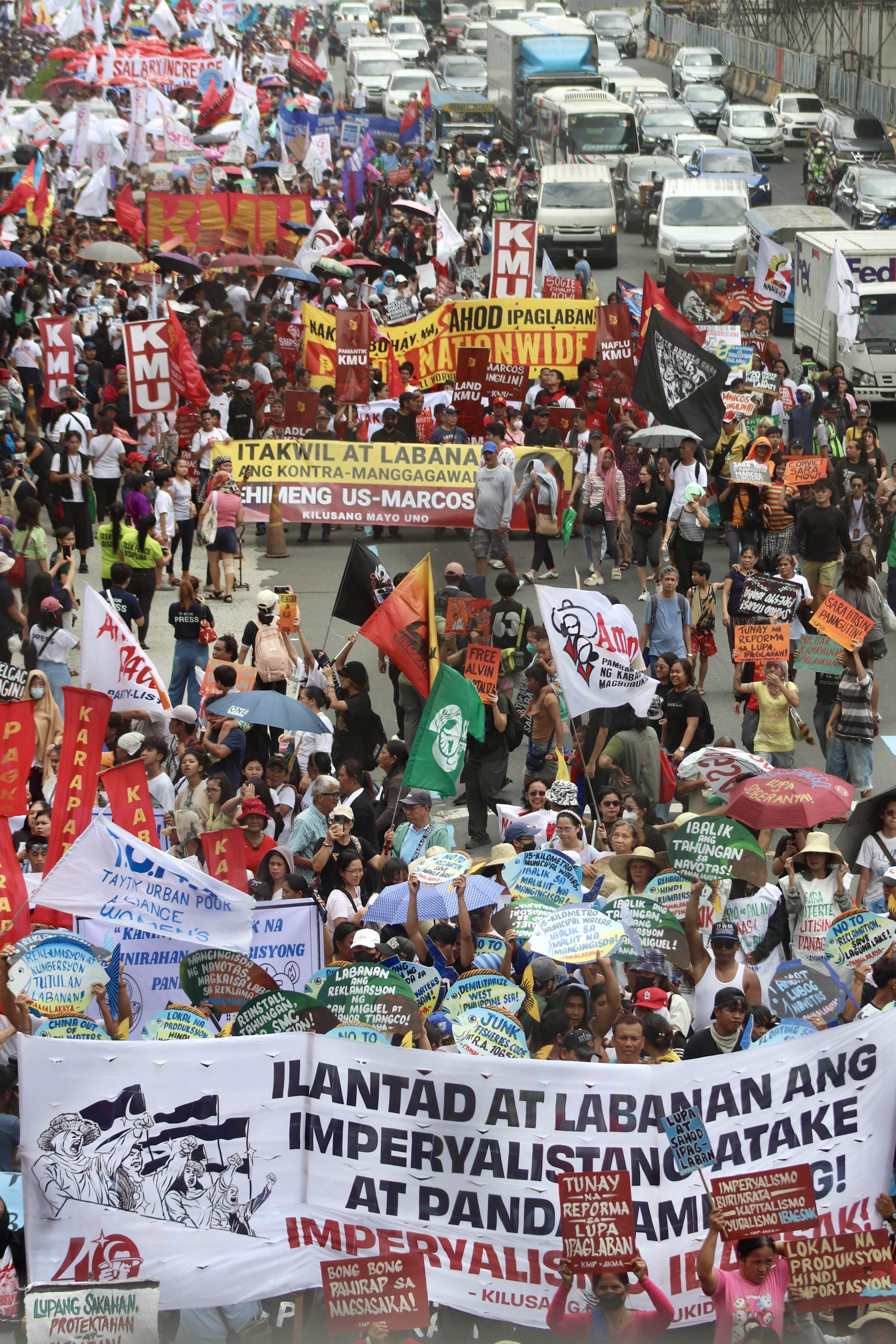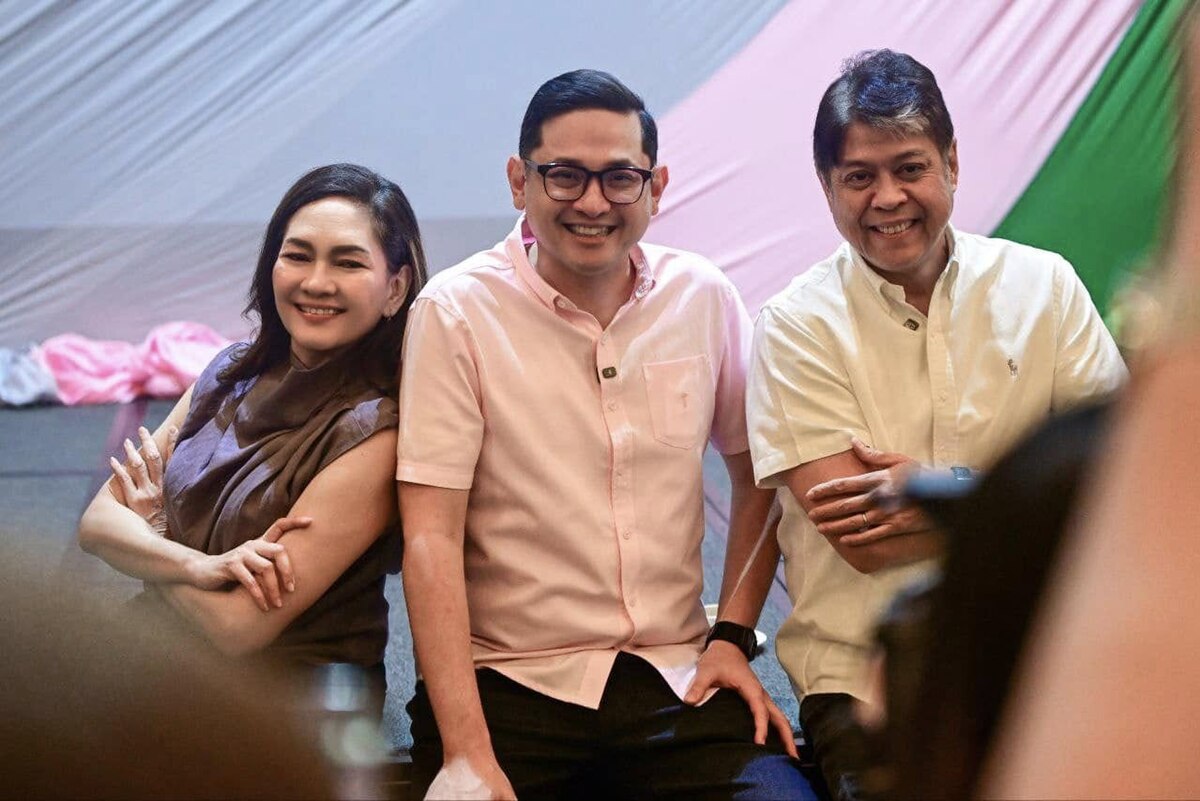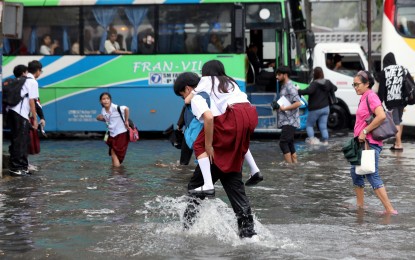The sleek political maneuvering in the Commission on Elections (COMELEC) wasn’t surprising, but the events hounding the disqualification case against Ferdinand “Bongbong” Marcos Jr. are surely one for the books. After all, no one expected that those cases would be resolved quietly.
From the very beginning, the political calculus was skewed in favor of Marcos, anyway. When the petitions were filed, all but one of the COMELEC commissioners were appointed by President Rodrigo Duterte, whose daughter, Sara Duterte, is Marcos’s running mate.
It wasn’t just calculus—even the timing was so perfect. The drama that unfolded could’ve been a scene out of a House of Cards episode. By delaying the decision until three commissioners retired, the deliberations would need to be restarted once again, in effect, aggravating the delay.
The case might very well reach the Supreme Court. But as the case makes its way through the judiciary, it’s already sure that Marcos will remain a qualified candidate for the presidency. And as far as COMELEC is concerned, any appeal in the en banc is doomed so long as two of the four remaining commissioners stand their ground for dismissal. (COMELEC rules dictate that a tie vote would affirm the division’s ruling, effectively scrapping the appeal.)
And within the Palacio del Gobernador, there has been a lot of rambling between now-retired Commissioner Rowena Guanzon and the decision’s writer, Commissioner Aimee Ferolino. There was an invocation of fraternity-related violence, and Twitter rants. Guanzon also accused Ferolino that her delay in writing the case’s decision was due to a senator’s urging. Ferolino denied Guanzon’s accusations, saying that she simply needed more time to review the evidence.
Yet the fiasco surrounding the poll body is more than just a blatant display of hyperpartisanship. It was a display of anti-democratic forces from within, undermining whatever’s left of the country’s democracy. It was a largely successful attempt to weaponize what is supposed to be an independent body to hasten the country’s descent toward another tyrannical Marcos rule.
Of course, COMELEC isn’t unfamiliar with such accusations of impropriety. During the dawn of Ferdinand Marcos’s rule, 35 COMELEC employees stormed out of the Philippine International Convention Center after top election officials started manipulating the votes during the 1986 snap elections.
Another more recent instance was the “Hello Garci” scandal when former President Gloria Macapagal-Arroyo personally called ex-Commissioner Virgilio Garcillano to rig the 2004 elections in her favor. Arroyo admitted she had made the calls but denied improper behavior. Both she and Garcillano were able to get away, scot-free.
What makes this current spat different is that we have COMELEC commissioners themselves talking out in public about their political inclinations—never mind collegiality or the arcane rules of their closed-door deliberations. They have shed any veneer of independence, let alone nonpartisanship. What is the difference, then, between the supposedly impartial and independent election commissioners and our traditionally more partisan bodies like Congress?
The infighting has translated into an ever more divided public—those who think Guanzon has done the right thing by revealing the goings-on with Marcos’s case and those who believe Guanzon is just another lapdog of the other camp. Perhaps, it has become so rare for our top officials to speak so boldly on a divisive issue that we’ve gone close to idolizing them.
For days, #StandWithGuanzon has become the battle cry of some groups seeking to boot Marcos from the ballot. The caveat here is that while Guanzon has voted to disqualify Marcos, she has constantly boasted, in her media interviews, of her cordial relationship with Imee Marcos (they used to be seatmates in the UP College of Law and Guanzon herself jovially proclaimed Imee’s election as senator in 2019). Guanzon even Tweeted that the Marcoses were not vindictive.
This COMELEC is now the antithesis of our system of government. Our body politic rests on the premise that its players play by the rules and adhere to the norms set by law and precedents. No doubt that in the past three decades or more, many cracks and fissures have emerged in our rulebook as politicians and their backers try to put themselves above the law and peoples’ interests.
But, time and again, the country endured, thanks to the people who stood up: those COMELEC programmers who couldn’t stand cheating, the Filipinos who marched in EDSA to oust two presidents, the voters who elected a new administration to remedy, if not undo, the harm done by a previous government.
No matter how intense they may be, differences are almost always settled within the bounds of our democratic spaces, even though they’ve been exponentially shrinking over the past years. When we think the law is wrong, we petition the courts to strike them down, we lobby legislators to repeal them, and we stage protests to amplify our calls. When we lose, we try again with a different strategy because we generally accept the legitimacy of the verdicts of our government institutions, no matter how flawed, unfair, and unreliable we believe they are.
But that trust is now breached. Unlike other areas of our government, bodies that adjudicate conflicts like the courts and COMELEC don’t have control over money or the military. The independent bodies and the judiciary rely on public trust and confidence to ensure their legitimacy. They are the only branch of government required to explain their actions. Their power derives from the idea that their decisions are solely based on the facts presented and a fair application of the law. We’ve seen neither from what happened in Marcos's disqualification case.
What, then, would restrain our poll body from doing similarly egregious acts during the elections?
Of course, we don’t mean to cast doubts over our electoral process, even though irregularities have been done and discovered before. But if the poll body indeed remains committed to ensuring the “sanctity of the ballot,” the body must move at a deliberate speed to resolve all these pending issues, not just those surrounding candidates like Marcos. For one, COMELEC has yet to fully explain the breaches in the automated elections that the Department of Information and Communications Technology has discovered.
Filipinos, after all, trust the electoral process so much that voter turnout has been consistently high throughout the decades. It would be a peak disservice if COMELEC would turn a blind eye to these legitimate concerns to save face. But there is no saving face here unless the poll body’s actions could finally resolve the electorate’s doubts.
If the COMELEC remains mum, then the only way to prevent Marcoses’ return is to not vote for them. Never mind the commissioners because this responsibility now falls onto the hands of nearly 68 million voters. In this way, we rob our untrustworthy institutions of the power to undermine our electoral process. This enormous task includes forming the broadest possible base across sectors and groups that would support candidates up and down the ballot who still believe in a democratic government.
Elections have consequences. The next administration will get the chance to reshape the country, including COMELEC. The next sets of judges and justices and members of independent and oversight bodies will also be appointed by the next president. It becomes crucial that, aside from a scrutiny of the presidentiables’ platforms for government, we should also examine the candidates’ track record and fend off those who have exhibited contempt for the people’s will. Never again should we elect officials who have proven themselves enemies of democracy.
Because, try as they might, unelected, robe-clad individuals can never hush the clear and loud expression of the people’s will. It is on us to give democracy a fighting chance to live another day and thwart the country’s spiral toward despotism. ●






